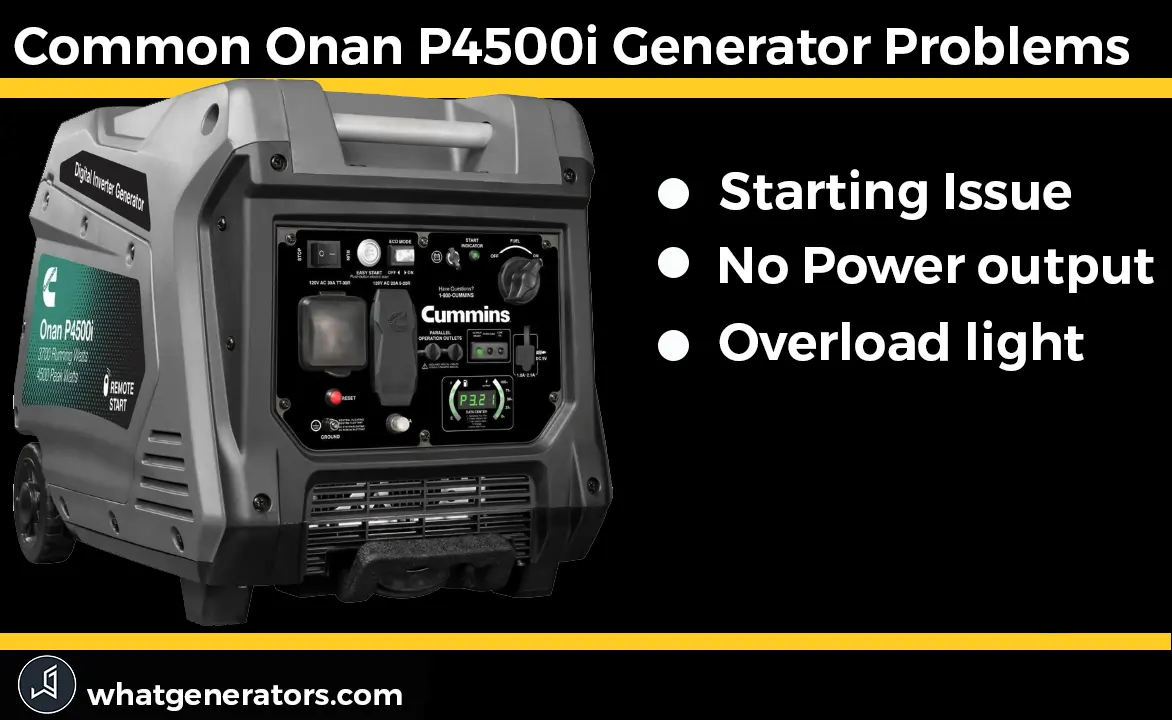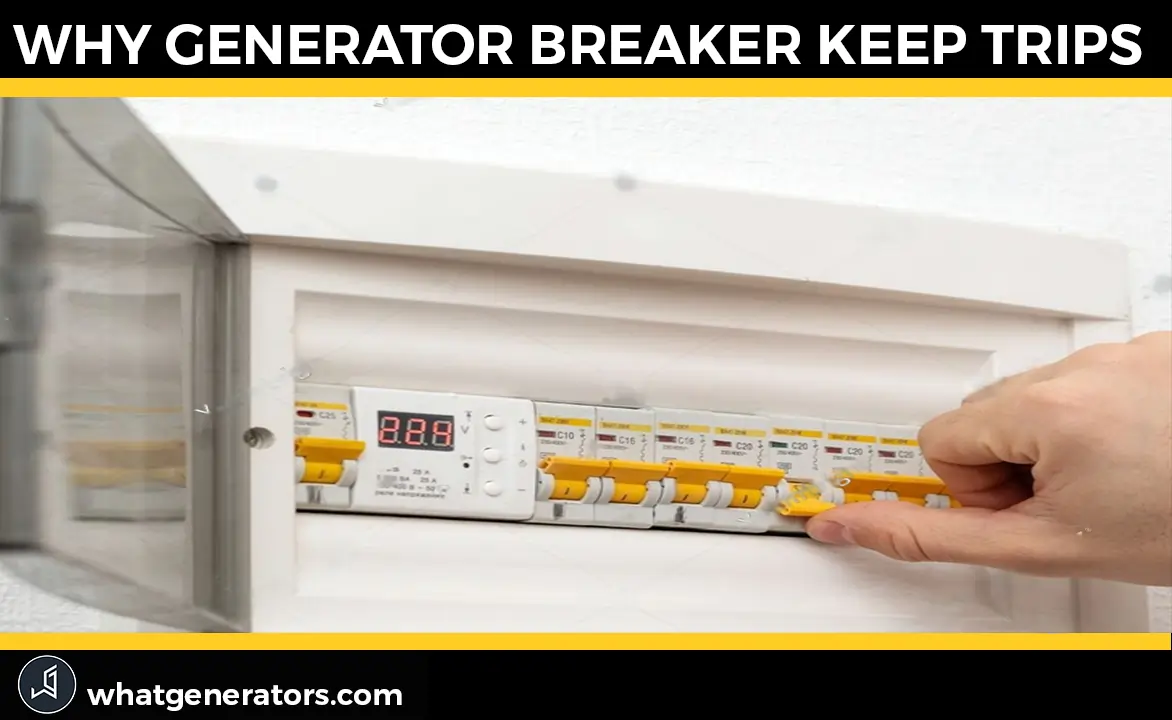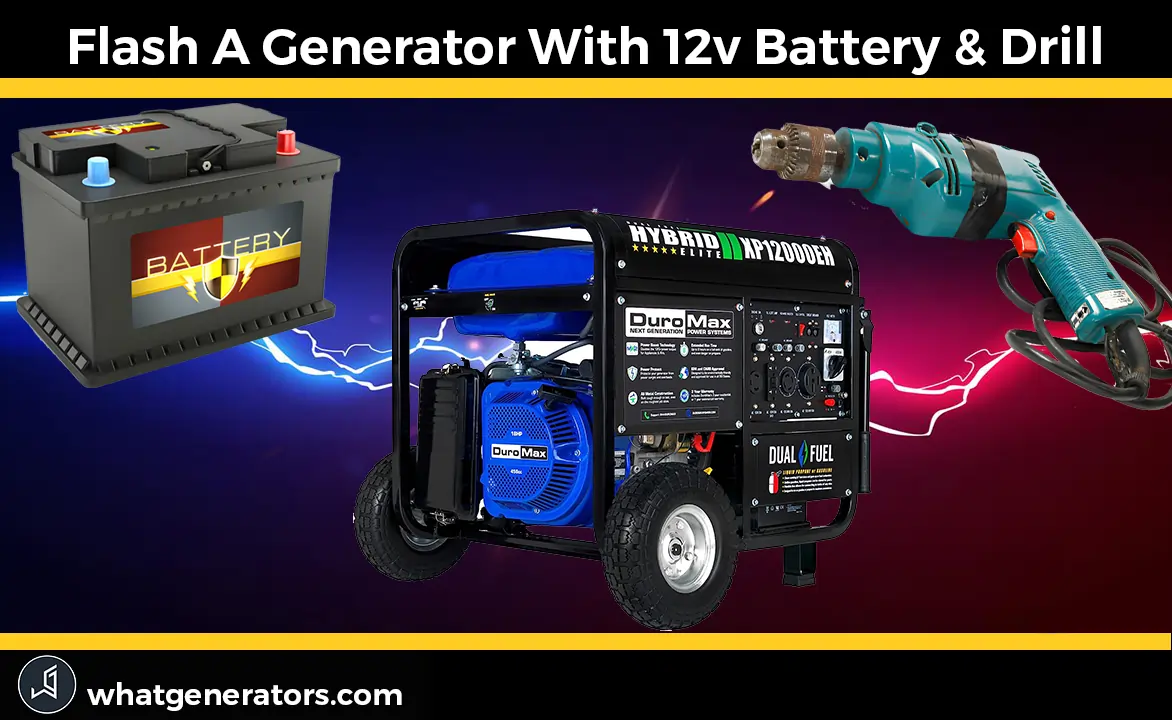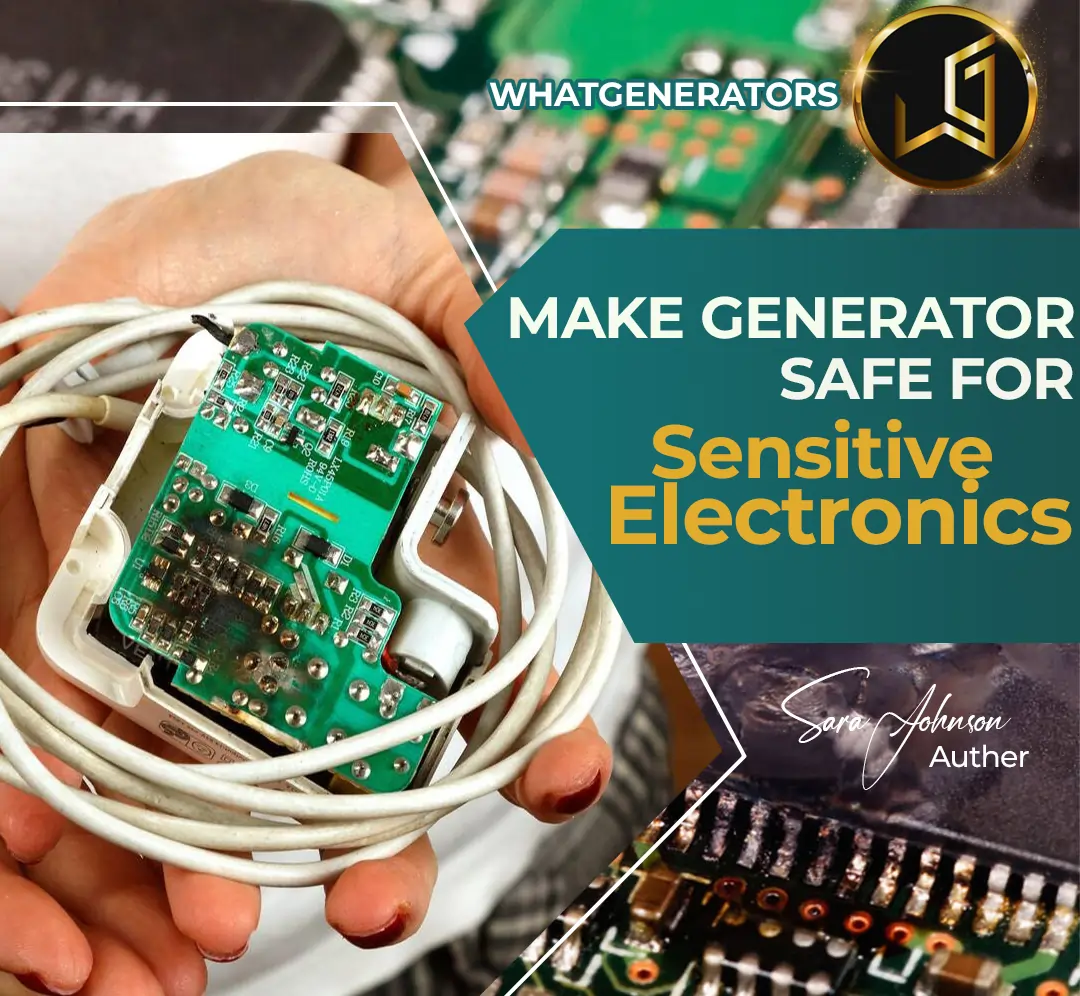
Generators are a great option for off-grid living during power outages, but they can be harmful to sensitive electrical equipment. Generators can destroy or damage delicate gadgets, including computers, TVs, and cell phones if basic safety measures are not taken.
In this article, we’ll talk about how to make a generator safe for electronics with proven strategies.
What is Sensitive Electronics
Sensitive electronics are devices that can be sensitive to power fluctuations from a generator. Here are the commonly use sensitive devices.
| Laptops Computers Mobile phones DSLR cameras Televisions Microwaves Tablets Gaming consoles Printers Scanners | Monitors Speakers Home theater systems Routers Modems Smart home devices digital cameras External hard drives USB drives Portable chargers |
Can a generator harm my electronics?
Yes, improperly used generators can cause damage to devices. Total Harmonic Distortion (THD) in the context of generators refers to the distortion present in the generator’s output voltage waveform.
Generators are often used to create electrical power, and the quality of the electricity produced is an important factor to consider.
The output voltage of a generator should ideally have a clear sinusoidal waveform at a certain frequency (typically 50 or 60 Hz). However, due to factors such as generator design, magnetic saturation of the core, non-linear loads connected to the generator, or the existence of specific types of loads, generators can inject harmonic distortions into the output waveform.
THD is computed for a generator by measuring the RMS values of the harmonic components present in the output voltage waveform and expressing it as a percentage of the RMS value of the fundamental frequency.
A lower THD percentage, as in other applications, signifies less distortion and higher power quality.
THD levels in generator output can have a number of harmful consequences. These are some examples:
- Distortion of the voltage waveform: Harmonic distortions can cause the output voltage waveform to diverge from the ideal sinusoidal shape. Increased voltage peaks, flat topping, notching, or waveform asymmetry can all result from this distortion. Such distortions can be dangerous for delicate equipment that relies on a clean power source.
- Increased heating and losses: Harmonic currents created by loads connected to the generator might cause increased heating of the windings and other components of the generator. This can result in larger losses and lower generator efficiency.
- Harmonic distortions have a negative influence on some electrical and electronic devices, particularly those with power electronics components or sensitive control circuits. High THD levels can cause equipment to malfunction, behave erratically, or fail prematurely.
THD levels must be measured and controlled to ensure the quality of electricity provided by a generator. This can be accomplished through good generator design, load selection, and the use of additional equipment such as harmonic filters or active power conditioners to reduce the impact of harmonic distortions.
IEEE 519, for example, provides recommendations and limits for THD levels in power systems in order to ensure acceptable power quality.
How to protect your electronics from generator damage
You can protect your sensitive electronic devices by following the given steps.
Use a Voltage Regulator

Using a voltage regulator is one of the most critical elements in making a generator safe for electronics. A voltage regulator is an electrical device that keeps the voltage level constant. Voltage spikes or surges produced by generators can damage electronic devices.
Voltage regulators safeguard devices from surges by maintaining a constant voltage level. Make certain that the voltage regulator you purchase matches the voltage output of your generator.
Ground the Generator
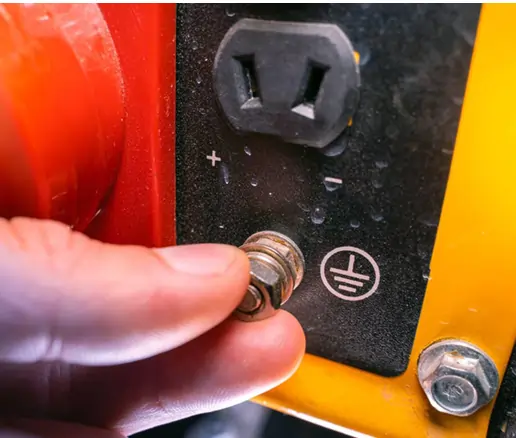
Another critical step in making the generator safe for electronics is to ground it. Grounding the generator is the process of connecting the generator to the earth.
This connection protects electrical equipment from power surges and prevents electric shocks. Connect a grounding rod to the generator’s frame and bury it in the ground to ground it.
Use an Uninterruptible Power Supply (UPS)
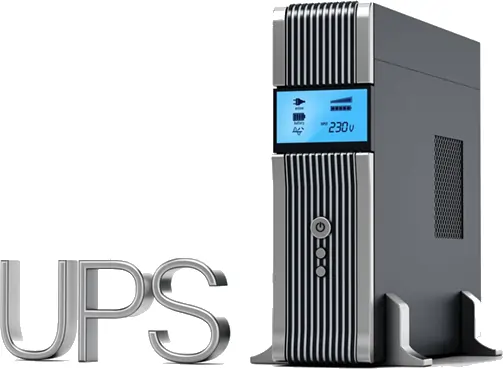
In the case of a power outage or generator failure, an Uninterruptible Power Supply (UPS) provides continuous power to your electronic equipment. It functions as a backup battery and can protect your electronics from power outages or surges.
For maximum performance, buy a UPS that matches the wattage output of your generator.
A Surge Arrester can also help

Another item that can help protect your gadgets from power surges is a surge arrester. It is similar to a surge protector, except it is built to handle higher voltage surges.
A surge arrester is often put on your home’s electrical panel and can protect all of your electronic gadgets at the same time. For maximum performance, acquire a surge arrester that matches the voltage output of your generator.
Use a Surge Protector

A surge protector is another approach to safeguard electrical devices from power spikes. A surge protector is a piece of electronic equipment that directs excess electricity away from a device. It serves as a barrier between the gadget and the power supply.
When there is a power surge, the surge protector absorbs the excess voltage, protecting the equipment. Purchase a surge protector that is rated for the wattage output of your generator.
Automatic Voltage Regulators Can Also Help
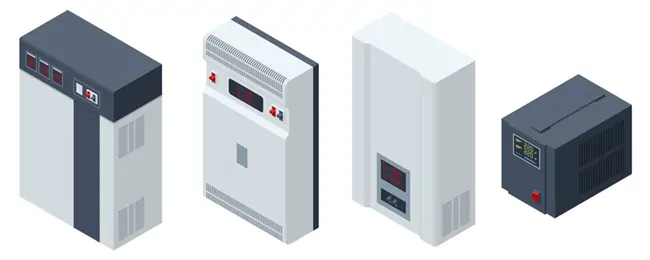
Automatic voltage regulators, in addition to surge protectors and voltage regulators, can help safeguard electronics from power surges. An automated voltage regulator (AVR) is a device that continuously checks and adjusts the generator’s voltage output to maintain a constant voltage level.
This helps to safeguard electrical gadgets from damaging voltage fluctuations. For maximum performance, use an AVR that matches the voltage output of your generator.
You can also use a generator THD filter
A generator THD filter can also aid in the protection of delicate electronics. THD is an abbreviation for total harmonic distortion, which is a measurement of the distortion of the generator’s alternating current voltage.
A THD filter reduces the danger of harm to your electronics by cleaning up the voltage signal produced by the generator. For maximum performance, choose a THD filter that matches the wattage output of your generator.
Maintain Your Generator to Make a Generator Safe for Electronics
In addition to the measures listed above, it is critical to maintain your generator to ensure its safety and longevity. Here are a few pointers to remember:
- Clean the generator on a regular basis to minimize dirt and debris buildup;
- Change the oil and air filter according to the manufacturer’s instructions;
- Check the spark plug and replace it if necessary; and
- Store the generator in a dry and secure location when not in use.
You can keep your generator in good working order and avoid potential safety issues by following these maintenance guidelines.

Consider an Inverter Generator

Consider an inverter generator if you need a generator that is specifically intended for usage with electronics. Inverter generators are small and silent, producing a consistent alternating current voltage that is safe for delicate devices.
They are also more fuel-efficient than standard generators, which can save you money over time.
A generator can also be made safer for electronics by using an external inverter. It converts the generator’s direct current (DC) electricity into alternating current (AC) power that is safe for delicate devices.
This is especially beneficial if you already own a generator that generates erratic AC power.
For maximum performance, buy an inverter that matches the wattage output of your generator.
Final Thoughts
A generator can be a useful tool during power outages or when living off-grid, but it is critical to take the required steps to keep it safe. You can secure your electronic gadgets and keep your generator running correctly by utilizing a voltage regulator, grounding the generator, employing a surge protector, and maintaining the generator.
Consider an inverter generator for further security. When operating a generator, remember to take precautions to avoid carbon monoxide poisoning. With a well-maintained and well-shielded generator, you can be safe and prepared for any circumstance.
A Detail article about possible dangers, if you use a refrigerator with a generator.
If you find anything missing in the article give a comment below.



